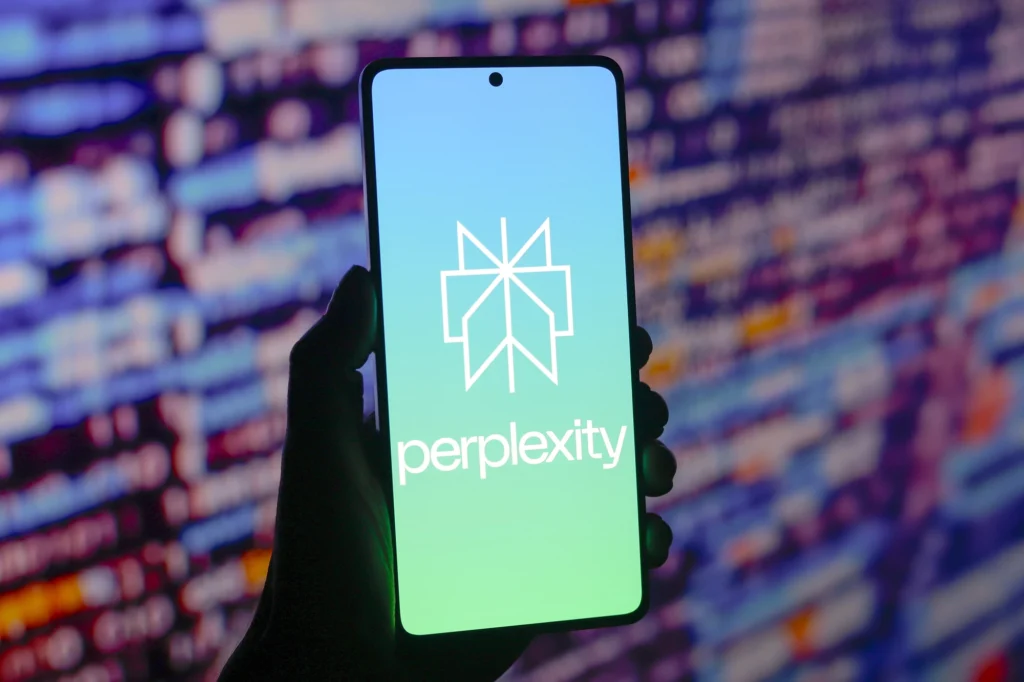
Samsung Electronics is poised to revolutionize its AI assistant strategy by integrating Perplexity AI‘s cutting-edge search technology into its upcoming flagship smartphones.
This strategic move, anticipated to be unveiled as early as this year, aims to make Perplexity the default AI assistant on the Galaxy S26 series, set to launch in the first half of 2026.
This shift signals Samsung’s intent to reduce its reliance on Google’s Gemini assistant, which currently dominates the Android ecosystem.
The partnership between Samsung and Perplexity extends beyond simply replacing the assistant on smartphones.
Discussions have included embedding Perplexity’s AI capabilities into Samsung’s Internet browser and enhancing the Bixby virtual assistant with advanced search features.
Furthermore, the companies are exploring developing an “AI-infused operating system” and multi-assistant AI agents, which could redefine user interaction across Samsung devices.
Financially, Samsung is expected to become one of the largest investors in Perplexity’s upcoming $500 million funding round, which values the AI startup at $14 billion.
This investment underscores Samsung’s commitment to diversifying its AI portfolio and challenging Google’s entrenched position in the assistant market.
Industry experts view this move as reminiscent of Apple’s strategy of collaborating with multiple AI developers rather than relying on a single partner.
By introducing Perplexity as an alternative, Samsung aims to enhance user experience and offer more competitive AI functionalities, especially since Bixby has struggled to match the capabilities of rival assistants.
Big strides
Perplexity already made strides in the smartphone market through a recent partnership with Motorola, where its AI assistant comes preloaded on new devices.
Samsung’s interest follows early discussions and meetings held in South Korea, with its investment arm, Samsung NEXT, having previously backed Perplexity.
While the final details of the deal remain under negotiation, this collaboration could significantly disrupt the AI assistant landscape, challenging Google’s dominance and offering consumers a fresh, innovative alternative on their mobile devices.




